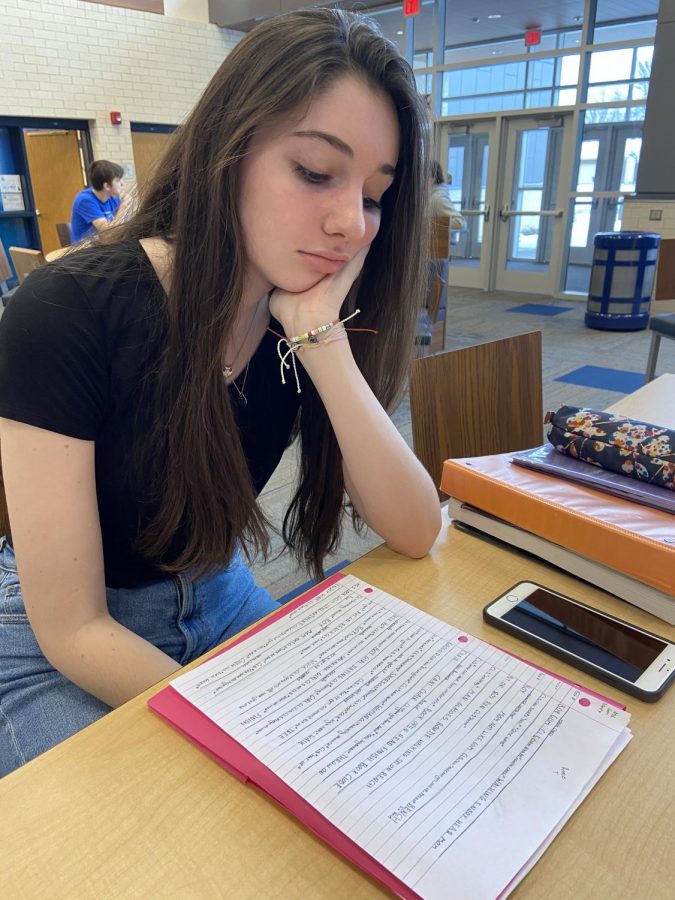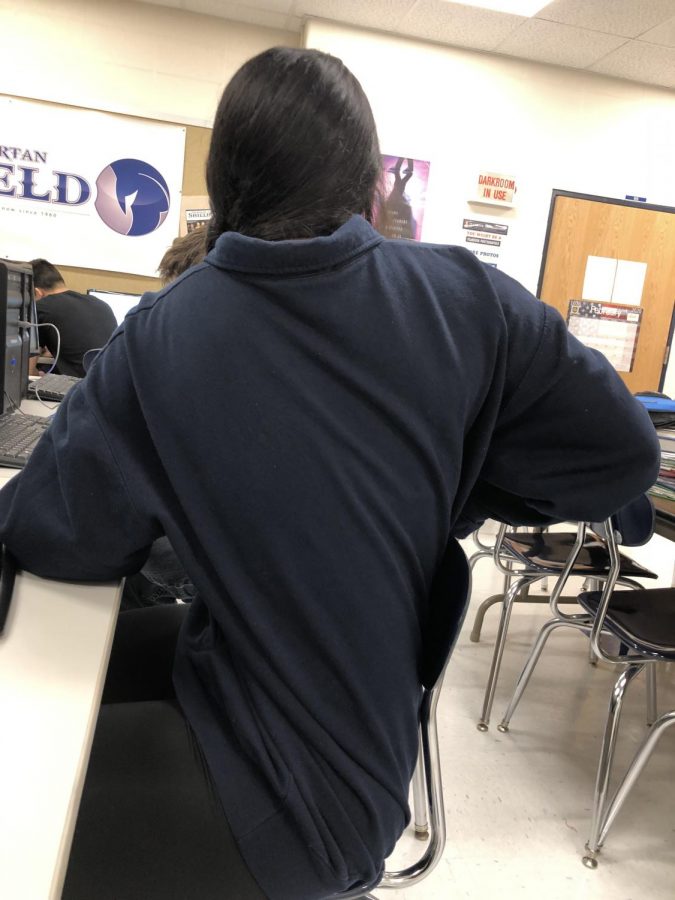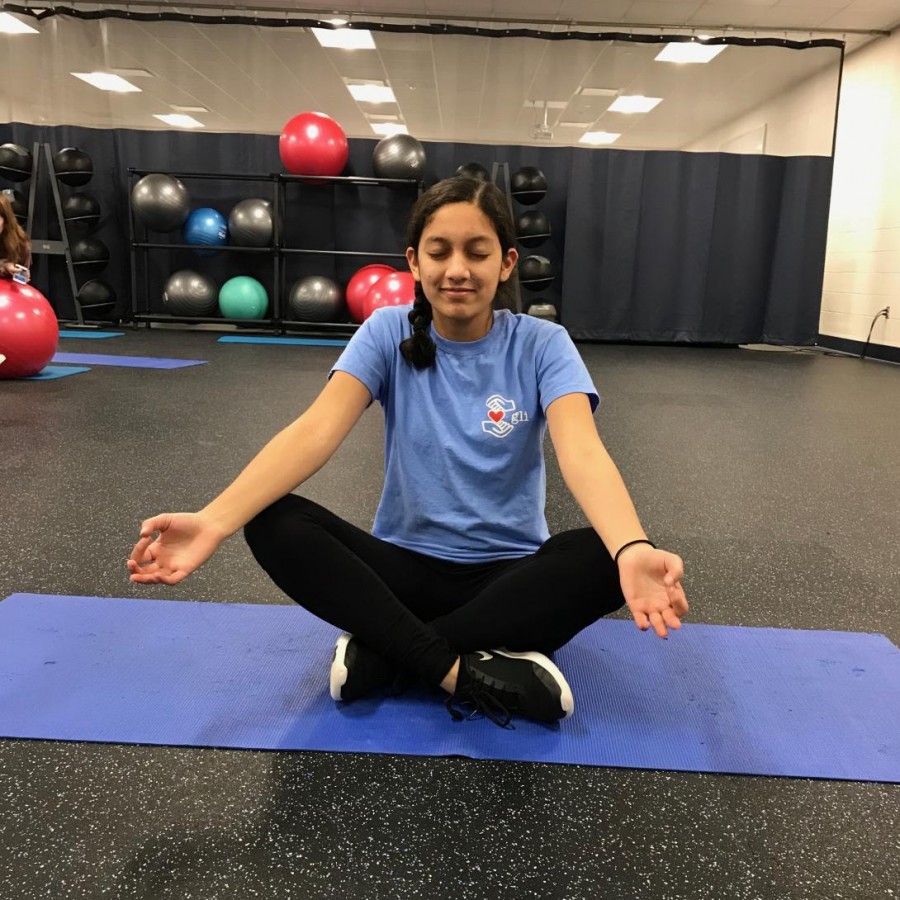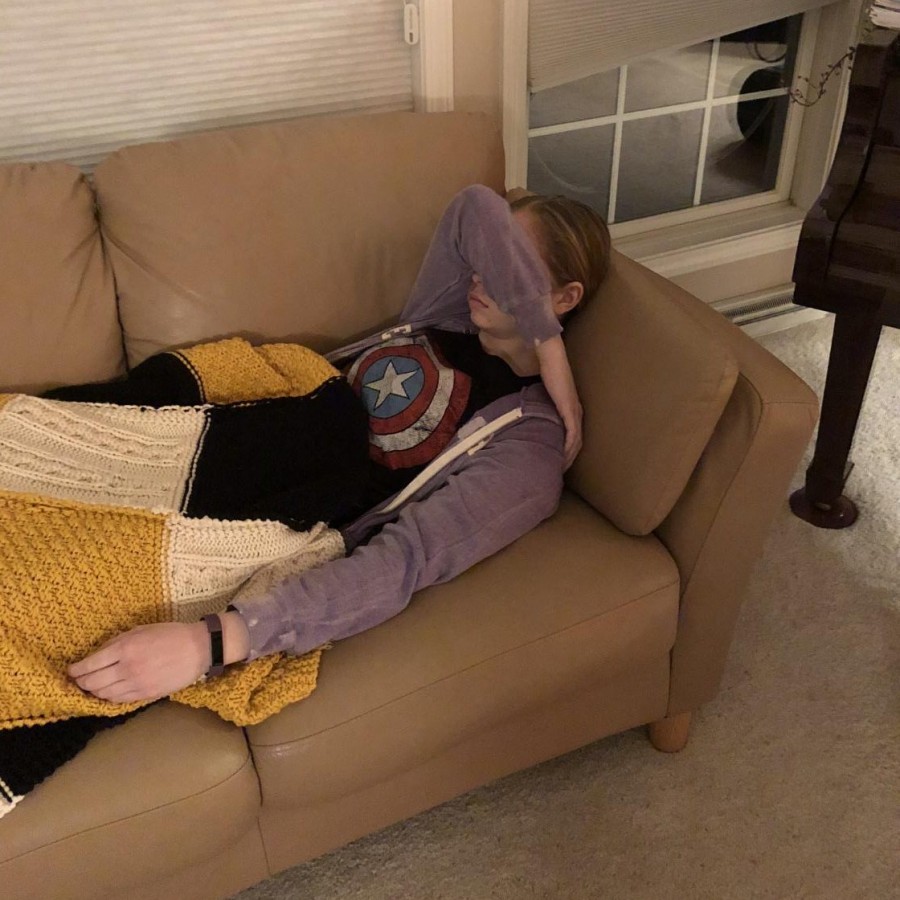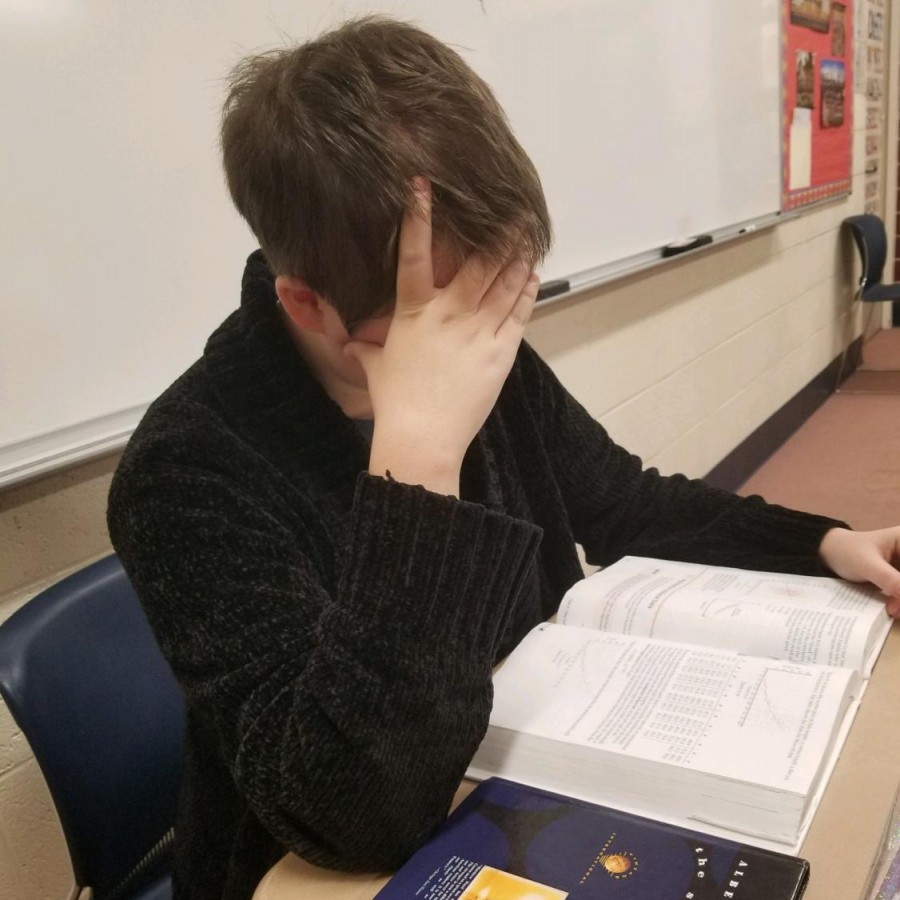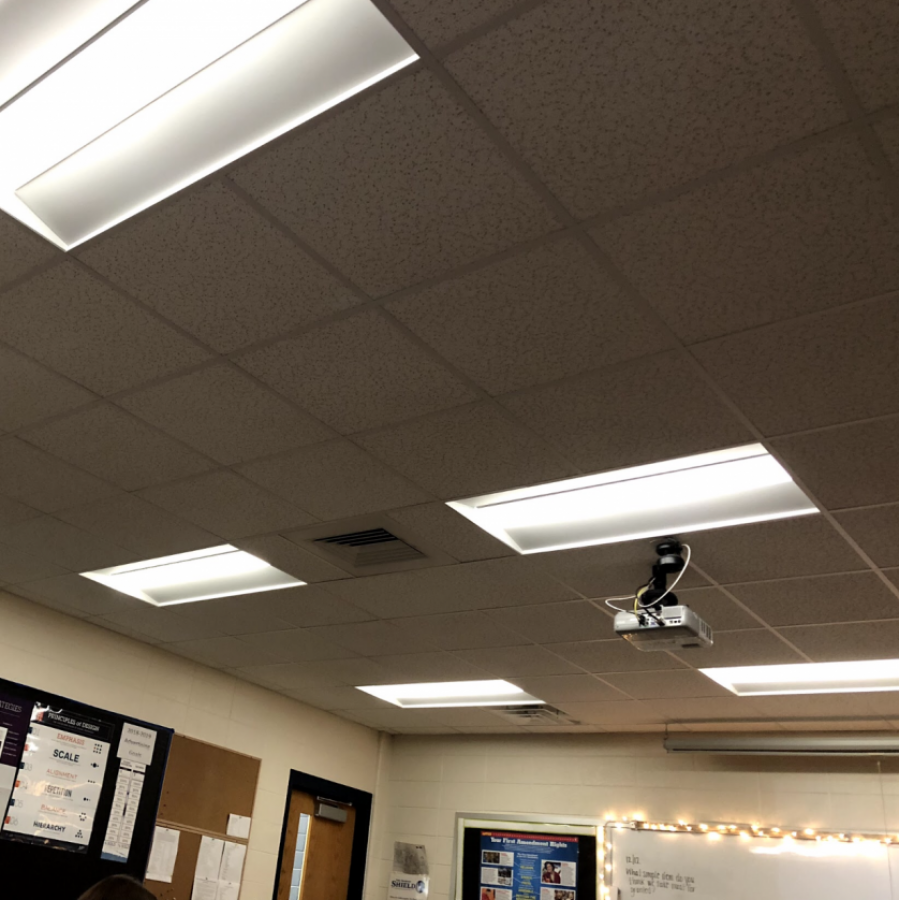Midwestern weather can be unpredictable, especially in the winter. The temperatures can vary from extreme negatives one day to the mild temperatures the next. The continuous change in temperature can impact the moods of many people, and not always in a particularly good way.
This February, Iowa has had varying temperature shifts from single to double-digits in a matter of days.
The fluctuation of these temperatures has shown some obvious mood changes at PV. Many of the students and staff do not like the cold temperatures, nor how much it changes.
Senior Kyle Knedler prefers summer over winter. “With winter and the cold weather, I tend to be more down and not as upbeat as I am in the summer,” he stated. “[Winter] takes a toll on my mentality of not wanting to do very much.”
Senior Belle Bormann also doesn’t like winter. Not only because of how it makes her feel, but the activities there are to do as well. “I am more tired in the winter because there are less things to do. In the summer there is always something going on,” she said.
Psychology teacher, Ann Berger, thinks the change in temperature is not the only thing affecting the students and staff. “I don’t believe that we get outside and play enough and that does, without a doubt, impact what I see from students emotionally, psychologically [and with] their ability to learn well,” she expressed.
The best-known benefit of sunlight is its ability to boost the body’s vitamin D supply; most cases of vitamin D deficiency are due to lack of outdoor sun exposure. “We need [Vitamin D] for our skin, we need that for our eyes, all of that impacts our brain,” Berger emphasized.
Cabin fever is a popular term for a relatively common reaction to being isolated in a building for a period of time. Berger believes “this is a very challenging time of year for people” and cabin fever might be a reason why.
“[Due to] this monotony of weather [there is an] inability to get out and move, [you may be] feeling trapped, even if you’re not literally trapped,” she stated.
The cold weather the Midwestern winters bring can show some changes in attitudes among many of the PV students and staff; this may be due to restrictions of activities or the fluctuations in temperature.
Especially this year, the inconsistency of the temperatures has shown to cause more negative effects on people. When the temperatures become warmer, then drop again, the hope of many is diminished, and can pose many emotional and psychological problems for many people.


